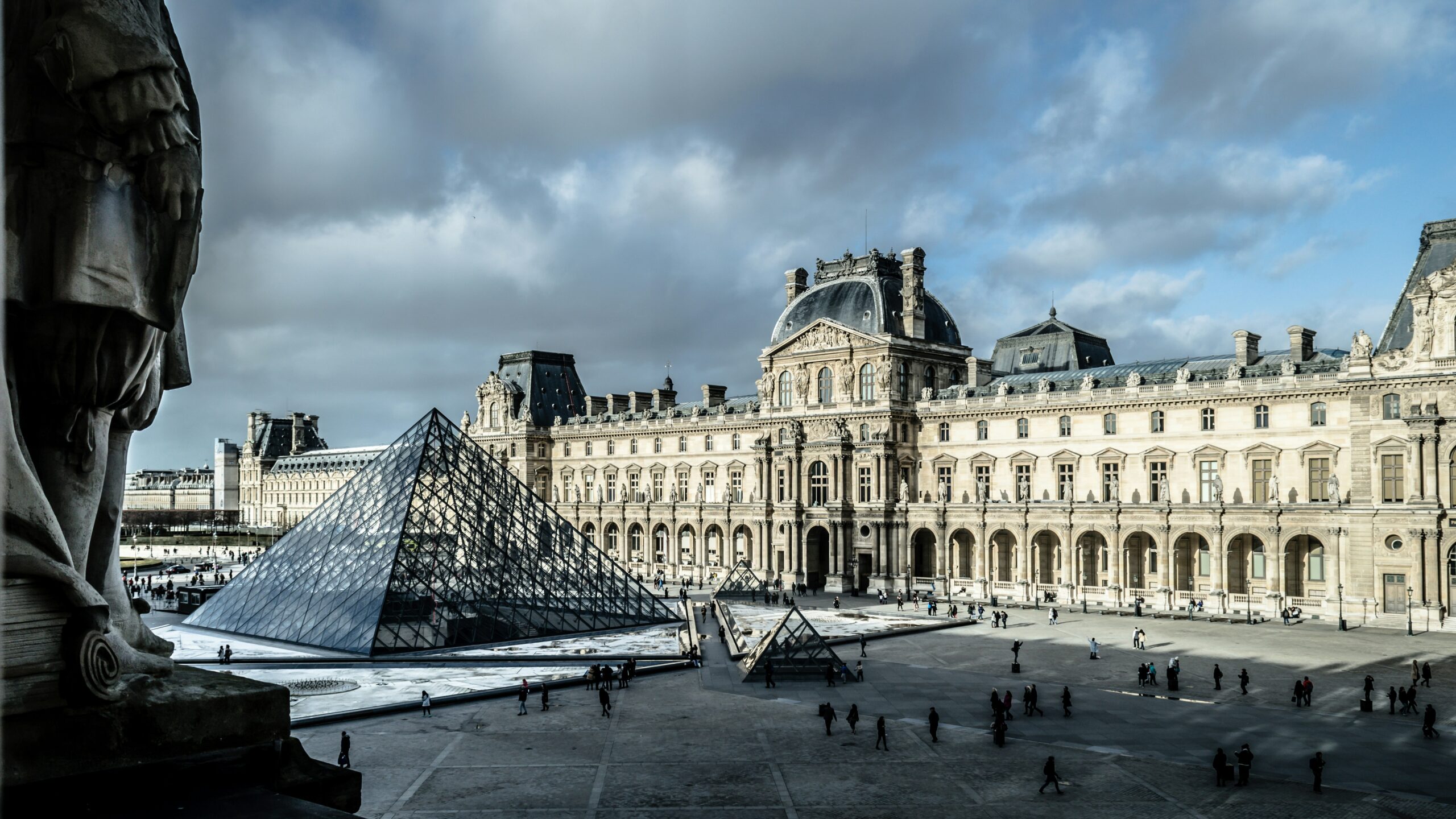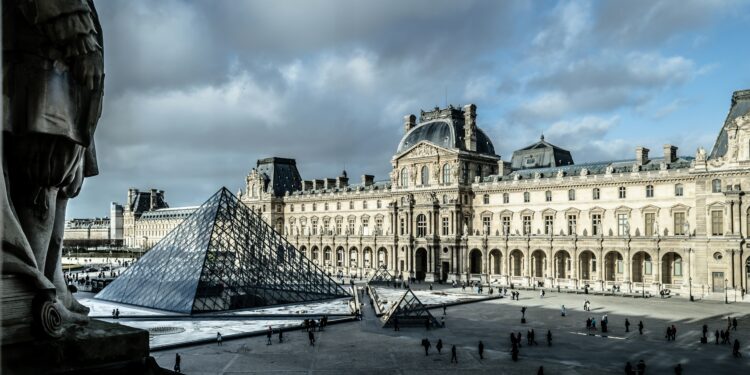In a dramatic breakthrough, French authorities have arrested two suspects in the audacious €88 million Louvre heist, apprehending one at Paris’s Charles de Gaulle Airport as he attempted to flee the country.
The arrests on Saturday evening mark the first major development in a case that has humiliated the French government and exposed shocking security failures at the world’s most famous museum. One suspect was reportedly bound for Algeria and the other for Mali, suggesting a planned international escape moments before the net closed.

The suspects were identified after a crucial forensic error: DNA evidence was recovered from items left at the scene, including gloves and a high-vis jacket. This breakthrough allowed specialist police to move in as the suspects were preparing to board their flights. They can now be held and questioned for up to 96 hours.
The Paris prosecutor’s office confirmed the arrests while simultaneously criticizing the “premature disclosure” of case details in the media, arguing that such leaks “hindered efforts to recover the jewels and find the thieves.” This indicates a fierce, behind-the-scenes battle between the press and an investigation desperate for a lead.
The theft itself was a masterclass in audacity. Last Sunday, a gang of four used a vehicle-mounted mechanical ladder to access a first-floor balcony, cut through a window with power tools, and threatened guards into evacuating the Gallery of Apollo. In just four minutes, they smashed two display cases, seized the historic crown jewels, and escaped on waiting scooters.
A preliminary report has since revealed that one in three rooms in the raided area had no CCTV, and the only camera monitoring their point of entry was pointing the wrong way—a catastrophic security failure the museum’s director has been forced to admit.
Why It Matters
While these arrests are a necessary step, they are a hollow victory. The two men in custody were likely the foot soldiers; the masterminds and the €88 million in jewels remain at large. Experts fear the historic pieces have already been dismantled, their gold melted and gems recut into untraceable stones.
The real story here is not just the arrest of two suspects, but the systemic failure that made the heist possible. The Louvre has been so shaken that it has already evacuated its remaining treasures to the impregnable vault of the Bank of France—a stunning vote of no confidence in its own security. Until the jewels are recovered, this case remains an open wound on French national pride.

















